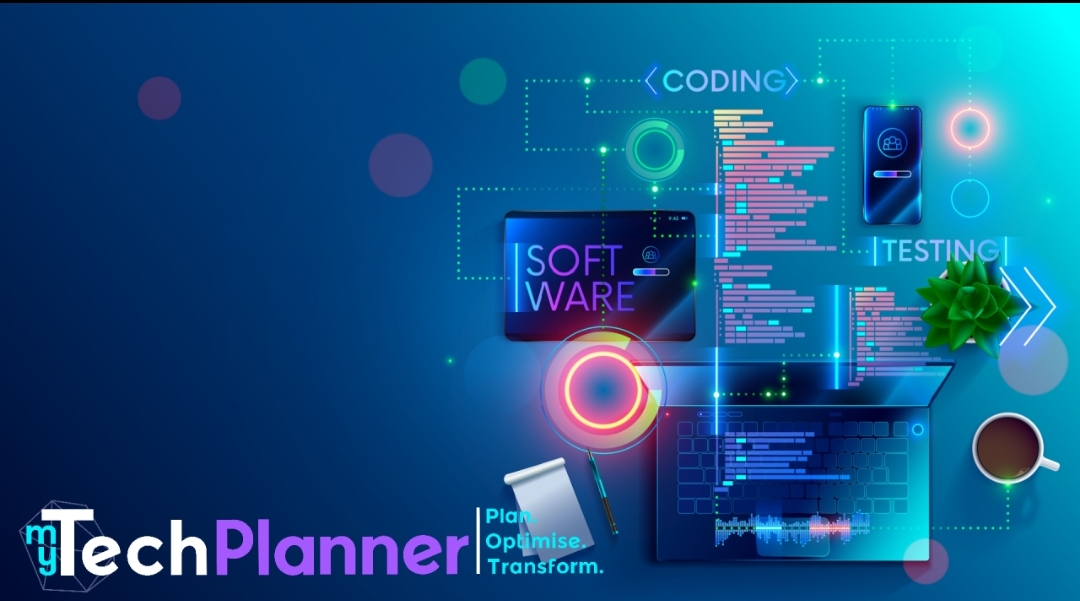Understanding ERP and Its Impact on Business Operations
Enterprise Resource Planning (ERP) systems are essential components of a business’s technology infrastructure, regardless of size. These software solutions create a central repository of information that enhances transparency and coordination within the organization by collecting data from various functions, such as finance, HR, and supply chain management. Cloud-based ERP systems, in particular, decrease the overheads related to managing IT infrastructure, allowing businesses to concentrate on their primary activities and strategic objectives. When handled by experienced NetSuite consultants, these systems foster and encourage business transformation through process optimization and workflow automation.
The Strategic Advantages of Migrating to a Cloud-Based ERP
Moving in the direction of cloud-based totally ERP systems, inclusive of those provided by means of NetSuite, represents a strategic shift in how corporations technique technology investments. Collaborating with a NetSuite consultant can align the benefits of the cloud-based ERP system with specific business needs, guaranteeing a hassle-free transition and maximum utilization. By adopting a subscription-based pricing model, groups can significantly reduce their capital expenditure. Cloud offerings like NetSuite ensure that commercial enterprise-important systems are usually to be had and up to date, providing ubiquitous get entry to. ERP skills can be scaled up quickly because the commercial enterprise grows, doing away with the want for complex machine migrations or downtime. Another enormous benefit of NetSuite is the accessibility of real-time data, empowering employees to make fast and knowledgeable decisions. This fosters enterprise agility and patron satisfaction.
Comparing Cloud ERP Solutions: Essential Features and Considerations
Choosing the right cloud ERP solution for your business requires careful analysis and comparison. Security is paramount; with data breaches posing a significant risk, your selected ERP must demonstrate robust data protection measures that are compliant with industry standards. Assessing the user experience is equally important, as an intuitive and customizable platform encourages adoption among staff, reducing resistance and fostering productivity. Many leading ERPs provide advanced features like artificial intelligence, machine learning, and analytics to offer predictive insights about business trends and customer behavior.
Case Studies: Successful Cloud ERP Implementations and Outcomes
Delving into case research, it becomes obvious that corporations throughout numerous industries have realized vast blessings from migrating to cloud ERP solutions. One commonplace subject is the alignment of ERP competencies with enterprise targets, main to streamlined operations, fee discount, and the breakdown of silos in the company. Enterprises cite better information visibility, improved collaboration, and advanced regulatory compliance as critical outcomes, imparting sturdy endorsements for cloud ERP structures as a catalyst for operational excellence.
The Role of Cloud ERP in Facilitating Remote Work
The upward push of remote work has expedited the want for sophisticated cloud-primarily based answers supporting a geographically dispersed body of workers. Cloud ERP structures answer this name via presenting steady, up to date access to crucial commercial enterprise capabilities and facts, no matter the employee’s place. This feature ensures business continuity, especially during times of crisis or disruption, and enhances overall productivity through seamless collaboration tools and project management capabilities inherent within the platform.
Integration with Other Business Systems: Expanding ERP’s Reach
Today’s businesses employ various software applications, each designed for specific tasks. However, an ERP system’s true power is realized when integrated with these disparate systems, creating a synergistic environment where information flows freely. Such integrations prevent data silos, reduce redundancies, and can offer comprehensive insights, thereby unlocking new efficiencies and contributing to more strategic decision-making processes.
Data Analysis and Reporting Capabilities of Cloud-Based ERPs
Data is the lifeblood of the modern enterprise, and cloud ERP platforms are adept at handling its flow and analysis. Built-in analytics features take the guesswork out of decision-making by offering actionable insights, while custom reporting tools allow businesses to distill information according to their unique requirements. These capabilities enable leadership teams to engage in strategic planning and performance optimization grounded in concrete data rather than intuition.
Overcoming the Challenges of Cloud ERP Adoption
Despite the many benefits, transitioning to cloud-based ERP solutions is challenging. Resistance to change is a natural human tendency, and legacy systems can be deeply ingrained in a company’s culture. Thorough evaluation and planning of data migration, integration complexities, and choosing the right implementation partner are crucial for successful change management strategies and training programs. Nonetheless, the overwhelming trend toward ERP migrations to the Cloud, especially amid the pandemic, emphasizes the long-term value and necessity of adopting these flexible, scalable platforms.
Future Trends: The Evolving Landscape of Cloud-Based ERP
Incorporating AI, ML, and IoT in business processes drives ERP evolution. The upcoming technology of cloud-based ERPs is anticipated to be greater wise, proactive, and pragmatic, empowering businesses to innovate and prosper in an ever-growing virtual market. For those looking to stay ahead of the curve, keeping an eye on the future of cloud ERP is essential to anticipate and leverage these technological advancements.
Conclusion: Making the Right Choice for Your Business
In Conclusion, cloud-based totally ERP systems have emerged as a essential issue for businesses seeking to improve their operational performance, information management, and decision-making abilties. The last stage of your journey is to choose a suitable platform that matches your business model, goals, and growth predictions. Careful evaluation of features, scalability, and integration potential and obtaining expert guidance will help guarantee a smooth transition, ultimately supporting the sustainability and prosperity of your business operations.


